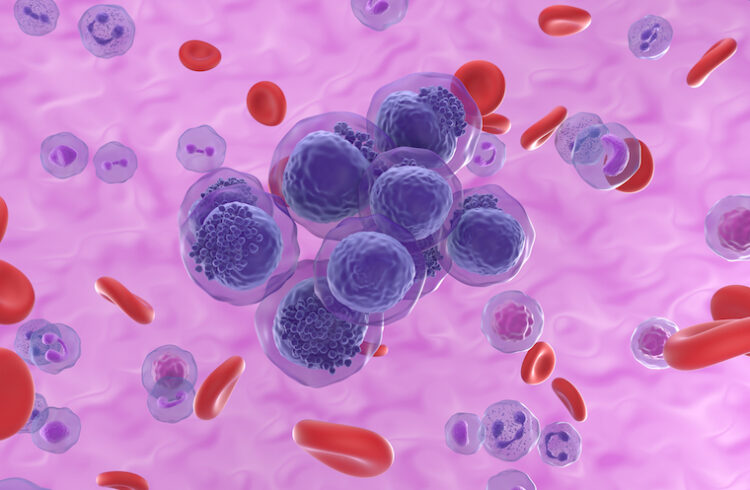
The University of Virginia Health System has received a $300,000 grant to study the “Call to Health” model, which uses text messages, stress reduction and other techniques to help African-American women manage type 2 diabetes.
UVA was one of five organizations to receive two-year grants from the Bristol-Myers Squibb Foundation as part of the foundation’s $100 million effort to improve the health of Americans with type 2 diabetes, especially among groups such as African-American women who more frequently suffer from diabetes.
“The incidence of diabetes is growing steadily in African-American women, with increases in all the complications of diabetes such as heart disease, stroke, blindness and kidney disease. We need to find more effective techniques to help patients manage their diabetes better,” says Mohan Nadkarni, MD, an Associate Professor of Medicine at UVA and the study’s lead investigator.
How the “Call to Health” model works
The “Call to Health” model focuses on empowering patients to control and manage their diabetes, Nadkarni says. The program includes:
Supportive text messages: Patients will design their own text messages, which may include reminders to take their medication or to exercise. Healthcare providers from UVA will also send weekly text messages designed to spark discussion about how to better manage their diabetes. Group medical appointments: Along with education on managing their diabetes through exercise and dietary changes, patients will also learn stress reduction techniques. Group appointments may enable patients to support each other in making healthy lifestyle changes, Nadkarni says. “Buddy” program: Patients in the program will chose a “buddy” – who may or may not have diabetes – to help them develop goals for improved health, support them through phone calls and accompany them to the group medical visits.
During the two-year study, UVA researchers will partner with the Charlottesville-Albemarle Community Obesity Task Force to compare the Call to Health model with the standard diabetes treatment provided at UVA’s University Medical Associates clinic. Researchers will also examine whether women more effectively manage their diabetes when they participate in all three main elements of the model – text messages, group medical appointments and the buddy program – compared with just receiving the text messages.


